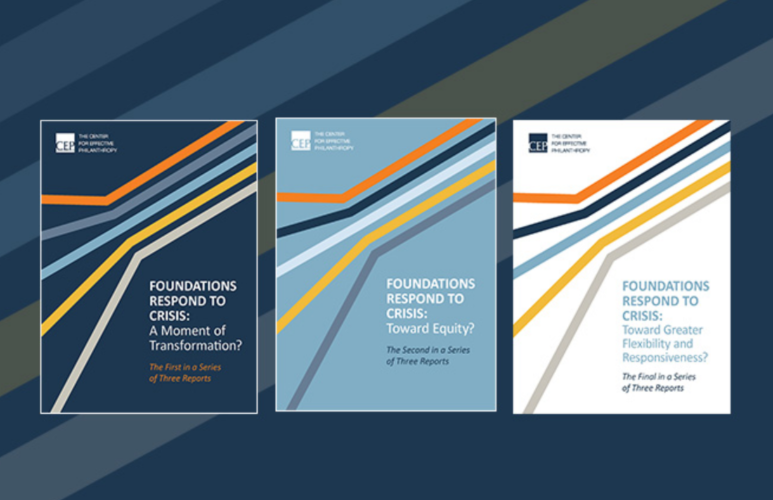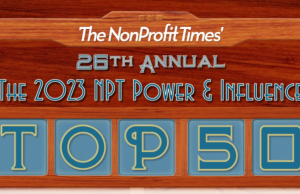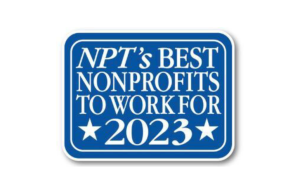Changes during the pandemic to long-held traditions and practices among foundations could very well continue into the future, according to new survey research from the Center for Effective Philanthropy (CEP).
The Cambridge, Mass.-based CEP today released “Foundations Respond To Crisis: Lasting Change?” which shows that foundation leaders plan to continue practices such as providing a higher percentage of unrestricted grant dollars and streamlining processes to reduce the burden on grantees, among other things.
In a series of three reports released late last year, CEP researchers discovered that foundation leaders made many changes to their practices, such as providing more unrestricted support and streamlining processes. In addition, data from many foundations showed new support to lower-income, Black, or Latino communities, and to organizations created and led by people from the communities most affected by systemic inequities.
Since releasing those reports last year, CEP has collected new survey and interview data from foundation and nonprofit leaders to examine whether these changes continued into 2021 and whether they will continue in the future.
Funding for the latest research effort came from the Ford Foundation, Charles and Lynn Schusterman Philanthropies, the Dvaid and Lucile Packard Foundation, Raikes Foundation, Weingart Foundation, and William and Flora Hewlett Foundation.
More than half of foundation leaders (55%) said their foundation worked somewhat differently with grantees and 42% reported working very differently. Last year, foundation leaders were not clear about the extent to which they would continue changes but by spring 2021, almost all foundations responding to the survey indicated having continued at least some changes, with 41% sustaining most of them and 21% sustaining all changes.
Most foundation leaders say that racial equity is a more explicit consideration in how they conduct their work, and many are modifying their practices as a result, such as, changing how they identify applicants, providing more funding to organizations supporting Black and Latino communities, listening more intensively to grantees, funding systems change, and collaborating.
Managers at foundations with more racial diversity boards tended to adopt more practices to support grantees and the communities they serve. Nearly half of leaders say that their boards are the biggest impediments to their foundation’s ability to advance racial equity.
A little more than 60% of foundation leaders reported that their organization is providing a higher percentage of unrestricted grant dollars compared to pre-pandemic giving levels. Of these, almost two-thirds plan to continue these new, higher levels in the future.
Prior to the pandemic, general operating support had been essentially flat at about 20% of total foundation grants. Despite increasingly favorable attitudes toward multi-year general operating support, these grants remained rarer still. CEP research indicates that grantees spent roughly the same amount of time on application and reporting processes for more than a decade. More broadly, looking across tens of thousands of data points from 15 years of grantee surveys, with the notable exception of foundations that obtained comprehensive grantee feedback at regular intervals, foundations had not been improving in the eyes of their grantees on a number of important dimensions.
A year ago, foundation leaders were unsure of the extent to which they would continue with various changes they had implemented since the onset of the COVID-19 pandemic. This year, almost all foundation leaders said they plan to sustain at least some of the changes they have made and a sizeable percentage plan to sustain most or all of the changes.
The full report can be accessed here.








